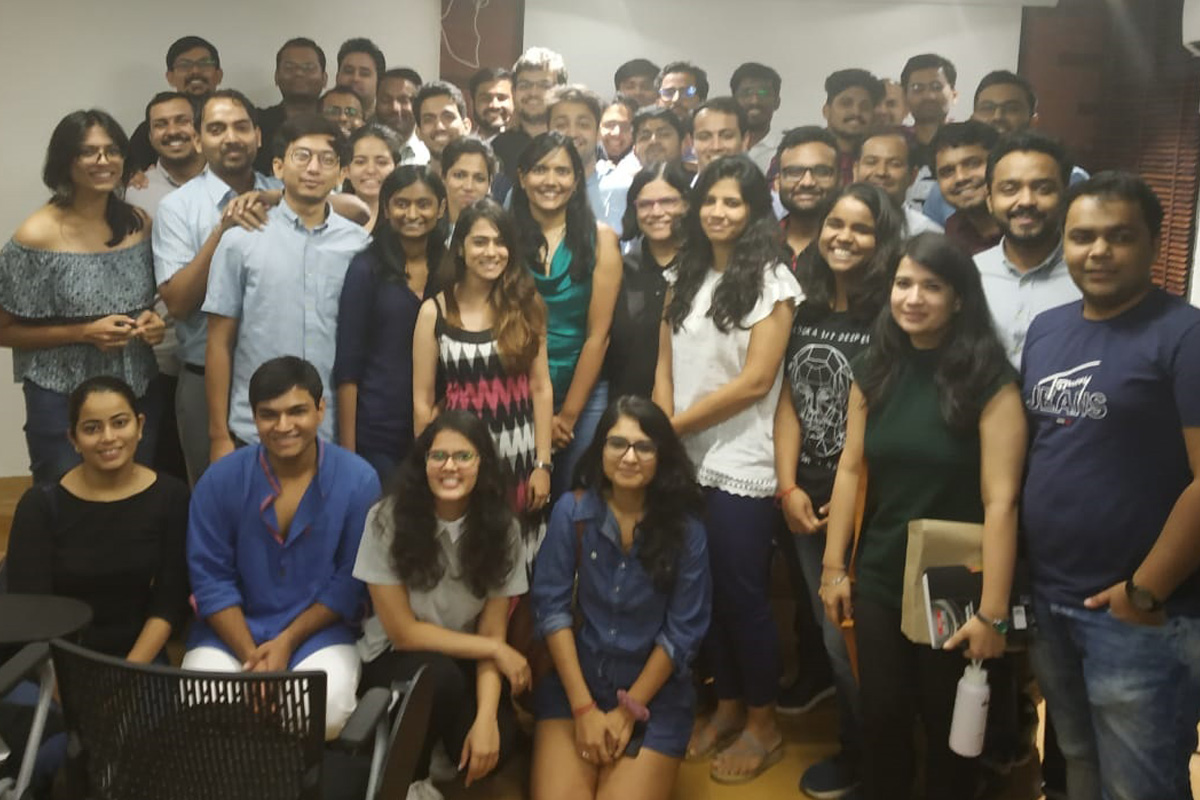National Education Policy (NEP) was framed in 1986 and modified in 1992 and a number of changes have been introduced since then. With the objective of understanding NEP through active discussion and interaction, a workshop was organized by the Indian School of Public Policy and conducted by Seema Bansal, Head – Partner & Director, Social Impact and Shoikat Roy, School Education Consultant, BCG, in New Delhi on 28 September 2019.
Students were encouraged to discuss and debate various nuances pertaining to public policy and the NEP with the experts. Some of the topics discussed included, the components of a good policy and the role of policy vis-à-vis implementation in large scale change. Besides this, requirements pertaining to successful policy implementation were also discussed. The focus was on the challenges faced in the school education space in India today and the NEP.
Advertisement
Speaking on the occasion Seema Bansal said, “The session was interactive and interesting. There were debates and discussions around the topics of public policy making and implementation, as well as on the National Education Policy, with diverse inputs being injected by the students. The lively session was proof of the fact that the students were knowledgeable and motivated – two important qualities that public policy scholars should demonstrate.”
Nilay Wankhade, an ISPP scholar, who attended the session, said, “The idea of merging public schools, for example, is an entirely different way of looking at education enhancement. I always thought more schools would be beneficial, as it eases access to education, but the speakers introduced a different viewpoint: they presented the idea of mergers being beneficial due to shared resources like infrastructure and teachers. It was a different way of looking at a challenge.”











